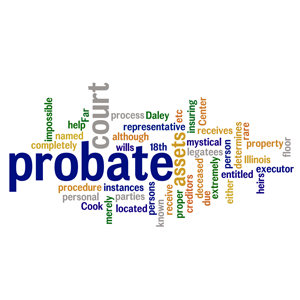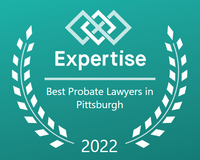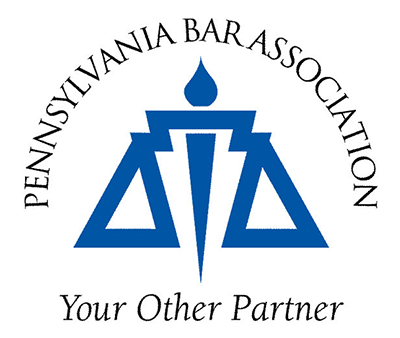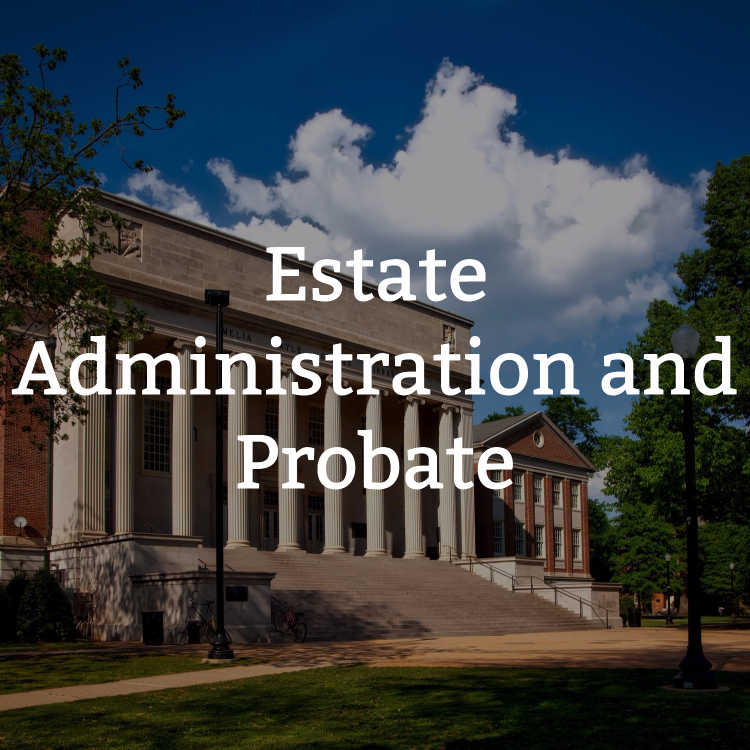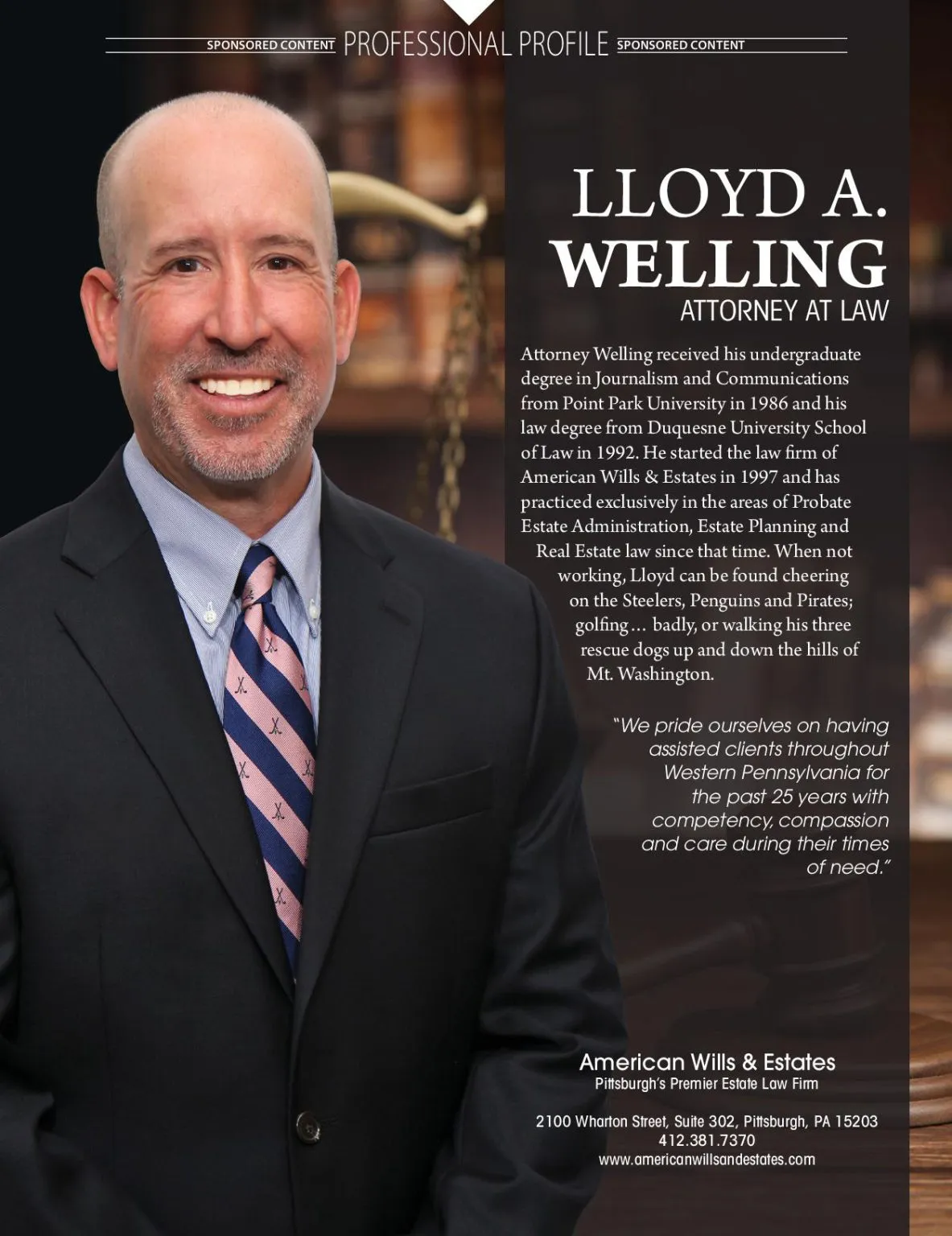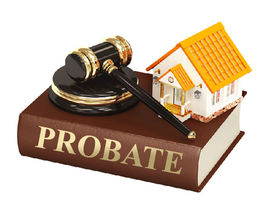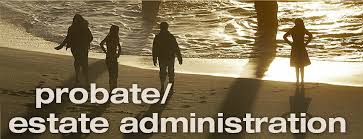THE PROBATE PROCESS DOESN’T HAVE TO BE SCARY.
The probate process sounds intimidating, doesn’t it? It sounds like you’re about to enter a world of paperwork and governmental red tape all while still being in the process of mourning the passing of a loved one. Well, even though it’s a process that may not occur at the best of times, it certainly doesn’t have to be a nightmare. Typically, people’s most common fears surrounding probate and the whole estate administration process can be summarized as follows:
1. Probate Estate Administration is going to be extremely expensive and eat up all of the estate’s assets. No, the reality is that, depending on the size of the estate, typically, probate legal fees are structured, not excessive and are controlled by state laws.
2. The Probate Estate Administration legal process can take forever! Yes, we’ve all seen the stories about famous celebrity estates that have been painfully dragged through the probate process for years. However, typically probate doesn’t have to take a long time. This also depends on the size of the estate, the number of creditors, and whether family members can get along with each other and work together. In Pennsylvania, settlement of a small estate is an option for families when the Decedent’s doesn’t $50,000.00. This type of administration can typically be done in a matter of a few months and certainly not years. Even if a more formal administration is necessary, again depending on the circumstances, the process is usually completely wrapped up within one year of the individual’s passing.
3. The state will take everything if someone dies without a Last Will and Testament.
When someone dies intestate (without a Will), this by no means gives the state the right to that individual’s assets. In fact, in Pennsylvania and in most all states, state statutes will determine who your next of kin would have been for purposes of inheritance. In Pennsylvania, your surviving spouse and your children stand first in line to inherit if you die without a Will. In Pennsylvania, the surviving spouse gets 100% if there are no children; the first $30,000 plus one half (1/2) of everything else if there are children all of whom are the product both the decedent and the surviving spouse; and one half (1/2) of everything if some of the children are not the issue of the surviving spouse. If there are children, but no surviving spouse, then the children get the entire estate, in equal shares, after all of the outstanding creditors have been paid.
4. If a Decedent’s debts outweigh the value of his or her estate, the Personal, then the Personal Representative and/or heirs and beneficiaries will be held responsible for those bills.
This is simply not true. All creditors are paid by the estate. If there aren’t enough assets to completely satisfy all of the Decedent’s debts, then the state’s statutory laws will determine how much each of the creditors are entitled to be paid. Sometimes nothing is left behind for the heirs, but that doesn’t mean they are then also responsible for the remaining debts.
As you will begin to see, probate doesn’t have to be scary? So, if you’ve experienced the loss of a loved and one and have questions and are not sure how to proceed, please don’t hesitate to contact American Wills and Estates. We’ve been assisting clients throughout Western Pennsylvania through the probate estate administration process with competency, compassion and care for over 25 years. Give us a call today and we’ll be happy to answer any questions or concerns that you might have. Or visit us online at www.americanwillsandestates.com

